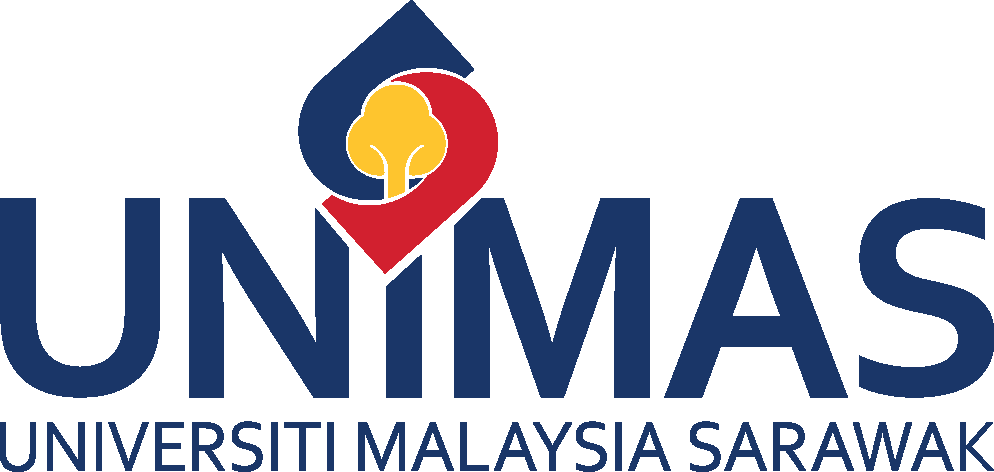PARTNERSHIPS FOR THE GOALS
UNIVERSITY SUSTAINABILITY CENTER (USC) UNIMAS
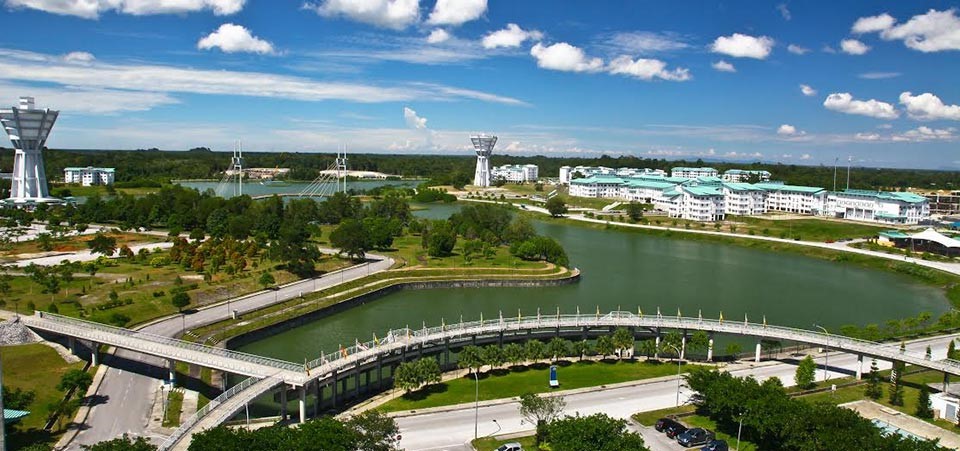 |
|---|
USC plays a role as a driver of the university's overall sustainability agenda in line with the global sustainable development goals (Sustainable Development Goals). The Center will ensure that every community program offered to communities in the surrounding area continues to have an impact even with minimal cost applied. Initiatives from the Vice Chancellor will be continued and strengthened with sustainable programs in line with the direction of UNIMAS 2021-2025. Synergistic relationships with local communities, agencies and industry through such community programs will continue to be intensified. In 2021 under the UNEP program, UNIMAS was selected as a pilot campus along with several other campuses in the world to implement the UNEP Little Book of Green Nudges. This is an active step and UNIMAS 'determination to become a Green campus.
As a part of our strategy to achieve the goals, UNIMAS has direct involvement with the government policy development, including identifying problems and challenges, developing policies and strategies, modelling likely futures with and without interventions, monitoring and reporting on interventions, and enabling adaptive management.
Through UNIMAS SUSTAINABLE CENTRE (USC), it is great responsibility to establish a high-quality and solid relationship between UNIMAS and the industry community as well as the public outside the campus, locally and internationally. Thus, the partnership and cooperation implemented so far is to help the community outside the campus achieve prosperity, especially out of the cocoon of poverty, through the implementation of programs with various parties in the field of education, knowledge transfer and technology, as well as health aspects.
UNIVERSITY SUSTAINABILITY COMMITTEE
Chairman: Deputy Vice Chancellor (Research and Innovation)
Deputy Chairman / Alternate Chairman:
Members:
- Registrar
- Director of Development Office
- Director of the Chancellery Office and International Relations
- Senior Director of the Center for Research, Innovation and Enterprise
- Director of the Center for Academic Development and Management
- Deputy Registrar of Student Services Center
- Director of the Center for Practical Technology Entrepreneurship and Innovation
- Dean of the Faculty of Engineering
- Dean of the Faculty of Science and Technology Resources
- Dean of the Faculty of Social Sciences and Humanities
- Director of the University Sustainability Center
- Deputy Director of the University Sustainability Center
- Secretariat: University Sustainability Center
A. External
- UNIMAS Strategic Plan
- United Nation SDG Plan 2030
- 11th Malaysia Plan (11MP)
- Malaysia Education Blueprint 2013-2025
- Malaysia Education Blueprint (Higher Education) 2015-2025
- Malaysia’s Roadmap Towards Zero Single-Use Plastics 2018-2030
- MOE SULAM Playbook
- University Board of Directors
- Executive Committee
- Standing Committee of the Senate Standing Committee on Research and Innovation
- To plan and formulate a holistic plan for the enforcement of UNIMAS towards the achievement of the Sustainable Development Goals (SDGs);
- Coordinate the strategy and management process of university sustainability initiatives in 4 domains namely community, research, curriculum and institutional management;
- Review and recommend policies that determine the key policies and guidelines for the UNIMAS sustainability plan;
- Monitor the university's achievements towards the Sustainable Development Goals (SDGs) 2030; and
- Prepare periodic reports on the implementation of the UNIMAS sustainability plan for the purpose of reporting to THE University Impact Ranking and any relevant sustainability body.
MALAYSIA SUSTAINABLE UNIVERSITY CAMPUS NETWORK (MYSUN)
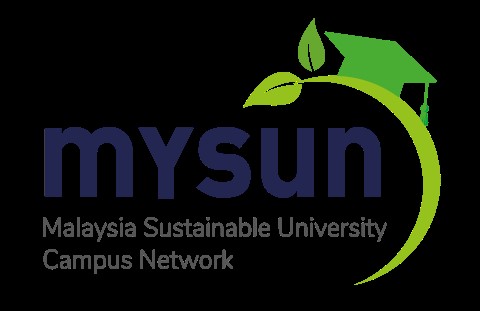 |
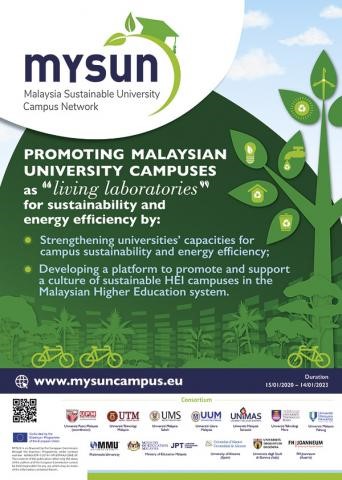 |
|---|
Consistent with global aspirations regarding sustainability, the Malaysian government has understood the importance of keeping sustainable development goals in mind, in particular the need to promote good energy and environmental practices. One of the keys to achieving this is through education, and by instilling these values in all levels of the educational system. For this reason the Ministry of Education of Malaysia has led a global education effort to strengthen attitudes, values and actions which are compatible with sustainable development. Notwithstanding this, there is a clear lack of coordination and awareness in HEI campuses regarding sustainability and energy efficiency. It is therefore pressing to support the development of sustainability in HEI campuses in Malaysia, and even more so to do it through a national platform, in order to ensure that more concerted activities will have a better impact at both local and national levels.
Following a real need identified to support the Malaysian higher education system in increasing the knowledge and skills of their staff, having access to good practices developed in other institutions, and in strengthening their ability to cooperate in this issue both locally and on a national level, the Erasmus+ CBHE project “Malaysia Sustainable University Campus Network, or MYSUN, has an overall aim of promoting Malaysian university campuses as “living laboratories” for sustainability and energy efficiency.
Specifically, MYSUN aims:
- To strengthen the human capacities in university campuses’ sustainability and energy efficiency in Malaysia;
-
To develop a platform to promote and support a culture of sustainable HEI campuses in the Malaysian higher education system through the establishment of the MYSUN Network and the delivery of a pilot MOOC on sustainability in HEI campuses.
UNEP Little Book of Green Nudges
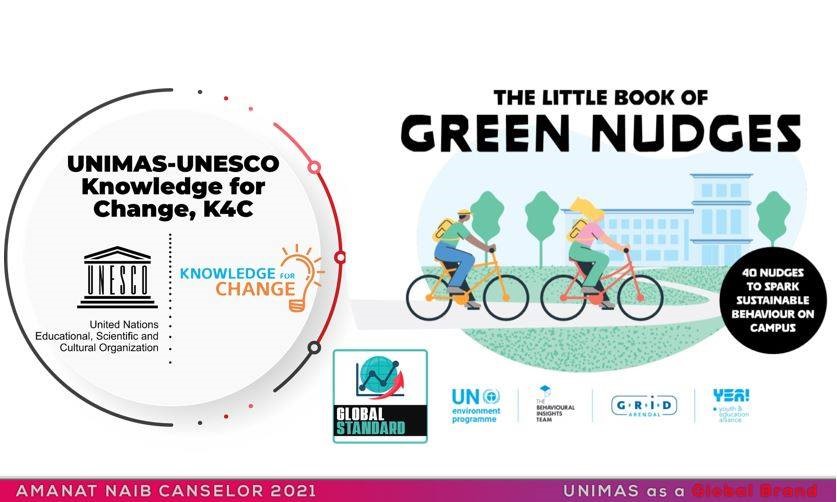 |
|---|
As part of the global community, during Vice Chancellor 2021 Mandate Program, UNIMAS is given attention on contribution towards the achievement of SDG 2030. The University agreed to establish the UNIMAS-UNESCO Knowledge for Change Hub or K4C which is a step in support of SDG 2030. The Knowledge for Change Consortium (K4C) is an initiative of the UNESCO Chair for Community-based Research and Social Responsibility in Higher Education. UNIMAS has also been selected as one of the pilot campuses among 200 universities in the world that will participate in the "The Little Book of Green Nudges" initiative organized by the United Nation Environment Program (UNEP). "The Little Book of Green Nudges" is a book that aims to inspire more than 200 million students worldwide to adopt greener lifestyles and help universities to raise awareness of students and staff towards "sustainable behaviours" through interventions. "Green nudges".
Vice Chancellor of Universiti Malaysia Sarawak
#Amanat2021
#UNIMAS
#UNIMASOfficial
UNIMAS SUSTAINABILITY MASTER PLAN 2030
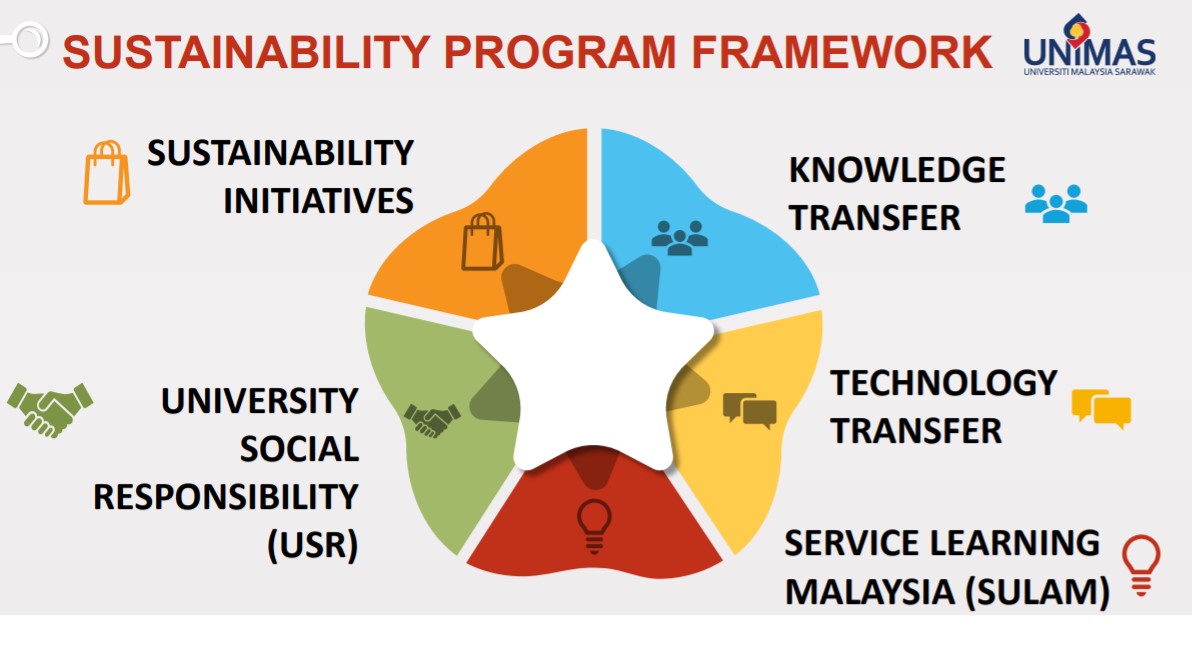 |
|---|
At the 21st UNIMAS Strategy and Quality Committee Meeting (JSKU) 02/2021 on 21 July 2021, the top management of the University has agreed to create the UNIMAS 2030 Sustainability Master Plan. The formation of the UNIMAS 2030 Sustainability Master Plan is proposed by outlining the processes and elements key requirements for planning related to the implementation and reporting of university sustainability initiatives. The main reference for the UNIMAS 2030 Sustainability Master Plan is based on the 2030 Agenda Sustainable Development Goals and Times Higher Education (THE) Impact Ranking where it states that sustainability aspects are divided into four (4) parts namely research, stewardship, outreach and teaching.
Apart from the SDGs and THE, other references for the formation of the Plan UNIMAS 2030 Sustainability Master is:
-
UNIMAS Strategic Plan 2021 - 2025;
-
UNESCO’s Education for Sustainable Development (ESD for 2030);
-
Global Reporting Initiative (GRI), which is an international organization that provides guidance and sustainability reporting standards;
-
UNESCO Chair in Community Based Research and Social Responsibility in Higher Education;
-
UNESCO’s The Little Book of Green Nudges;
-
Malaysia’s Roadmap towards Zero Single-Use Plastics 2018-2030; and
-
Green Technology Master Plan Malaysia 2017-2030.
The objective of the formation of the UNIMAS Sustainability Master Plan 2030 is as follows:
-
Review, design and develop a Master Plan UNIMAS Sustainability 2030;
-
Propose policies and governance related to sustainability initiatives;
-
Implement, monitor, improve and documenting the impact and results of sustainability initiatives; and
-
Propose UNIMAS Sustainability Self Reporting System (USSRS) (with real-time updates, convenience dashboards and car applications).
Link:
Campus Sustainability and University Impact
MYSUN Report - Replication Seminar on Sustainable Development
MYSUN Report - Roundtable Discussion
MYSUN ToT1 Report - “Supporting Campus Sustainability at Institutional Level”
MYSUN ToT2 Report - “SDGs At The University – Concepts, Behaviour, Research & Education”
MYSUN ToT3 Report - “Towards Green Campus Operations: How to Create a Sustainable Campus ”
